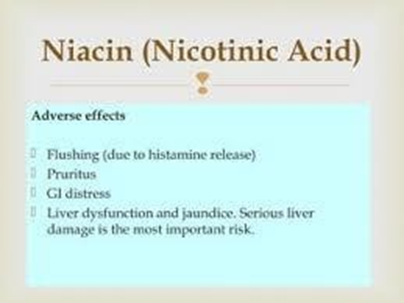Which of the following classes of medication decreases heart rate, contractility, and blood pressure, and is used to increase survival rates in post-myocardial infarction patients?
ACE inhibitors
Vasodilators
Beta blockers
Diuretics
The Correct Answer is C
A. ACE inhibitors primarily affect blood pressure and heart remodeling but do not directly decrease heart rate or contractility.
B. Vasodilators mainly lower blood pressure by expanding blood vessels and do not primarily affect heart rate or contractility.
C. Beta blockers decrease heart rate, contractility, and blood pressure, and are specifically used to improve survival after a heart attack by reducing the heart's workload and oxygen demand.
D. Diuretics primarily reduce blood pressure by decreasing blood volume but do not directly decrease heart rate or contractility.
Nursing Test Bank
Naxlex Comprehensive Predictor Exams
Related Questions
Correct Answer is A
Explanation
Explanation:
A. This statement is incorrect and indicates a misunderstanding, as diet plays a crucial role in managing cholesterol levels alongside medication.
B. This statement is accurate and shows an understanding of the need to combine diet with medication.
C. This is correct and indicates proper understanding of medication adherence.
D. This is a correct understanding of the importance of monitoring for potential side effects of cholesterol-lowering medications, such as statins.
Correct Answer is ["B","C","E"]
Explanation
A. Weight gain is not typically associated with nicotinic acid use.
B. Fever can occur as an adverse effect of nicotinic acid.

C. Flushing, or redness and warmth of the skin, is a common side effect of nicotinic acid.
D. Chest heaviness is not an adverse effect of nicotinic acid.
E. Higher concentrations of niacin has been associated with hot flashes.
Whether you are a student looking to ace your exams or a practicing nurse seeking to enhance your expertise , our nursing education contents will empower you with the confidence and competence to make a difference in the lives of patients and become a respected leader in the healthcare field.
Visit Naxlex, invest in your future and unlock endless possibilities with our unparalleled nursing education contents today
Report Wrong Answer on the Current Question
Do you disagree with the answer? If yes, what is your expected answer? Explain.
Kindly be descriptive with the issue you are facing.
